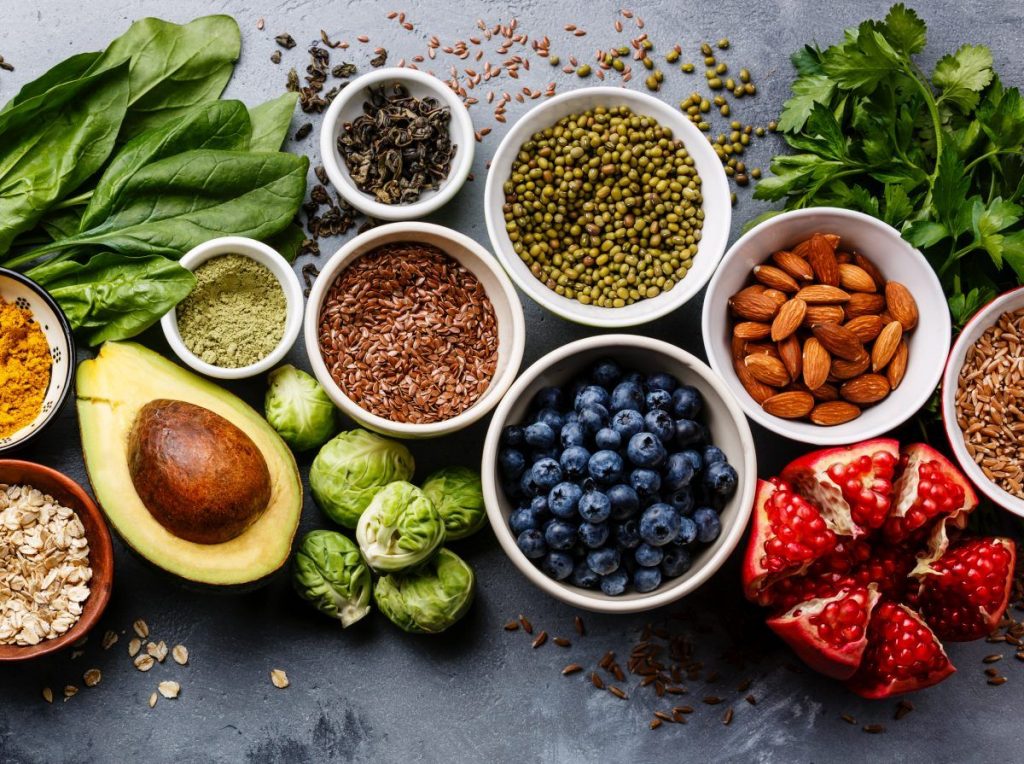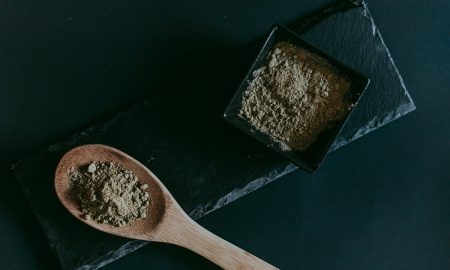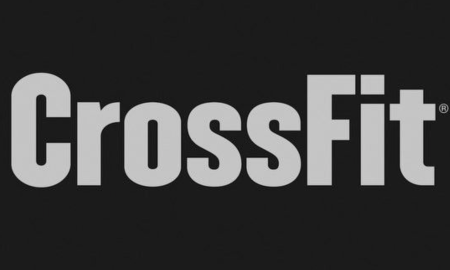
Plant-based diets have come a long way in recent years, as previously veganism has been scoffed at and dismissed as a ‘hippy ideology’. The narrative has changed, with more and more people making the switch to a vegan diet, meaning more food supplies, supermarkets and restaurants are making a real effort to meet this new demand. If you are thinking about taking the plunge and starting a plant-based diet there are a few things you should know before you begin your journey.
1. Reading Food Labels Will Become Routine
Checking food labels will have to become a part of your shopping routine, as you would be surprised at just how many products are not vegan friendly. You might pick up a bag of sweets and assume that they are safe to eat, but the reality is that a lot of sweets use an ingredient called gelatin, which comes from meat. Additionally, a lot of bread and cereals contain an ingredient called whey, which comes from milk, making it not vegan-friendly. Don’t let this put you off, as you will quickly get into the swing of learning what to look out for and many products make it clear if they are vegan, so you shouldn’t have to search too hard. To get you started, here is a list of surprising foods that are not vegan!
2. You Will Need Supplements
There are a few vitamins and nutrients that are known for being tricky to get your daily intake when on a vegan diet. For example, vitamin B12 typically occurs in animal-based products, so it is worth investing in a B12 supplement, as a lack of it can lead to tiredness, depression, constipation and even nerve problems. Another nutrient notably hard to get in a plant-based diet is omega-3, however, you can rectify this by purchasing omega-3 supplements at omvits.com, as these are 100% vegan friendly and are sourced from algae. Omega-3 is very important for your physical well-being, as it helps to prevent heart disease, strokes and is associated with preventing certain cancers. And so, with the help of these supplements, you will be fitter, and healthier than ever while maintaining a sustainable diet.
3. It Doesn’t Have To Cost More Than Any Other Diet
Another common myth that exists around plant-based diets is that they are expensive to maintain. While there are vegan products that are costly, you can still maintain this diet in an affordable way. You will save a lot of money from the meat products that you stop buying, as good quality meat can be quite high in price. There are so many vegan recipes out there that you can do on a budget without compromising on taste, it will just take some experimenting to find what works for you. Consider going back to basics and enjoying fruit, vegetables, beans, oats, nuts and more! Your diet will be healthy, sustainable and affordable.
4. It Doesn’t Have To Be All Or Nothing
Often when people make the switch to a plant-based diet they can find it quite difficult at first. You do not have to go all-in at once, make small changes in your diet and work towards becoming a full-time vegan. This is easier than making one big change and it will help you fend off any temptations. On the flip side, when the temptations win, don’t punish yourself or feel defeated because it happens and it is okay! Just keep going, and the longer you are on a plant-based diet, the easier it will become. One way that people ease into a plant-based diet is by having a set few days a week that are plant foods only, and the remaining as days where they can eat what they like. If this sounds like something you can do, try starting with four days a week on a plant-based diet.
5. Your Gym Life Will Be Fine!
Often people are put off a vegan diet because they think it will negatively impact their fitness journey. There are so many myths surrounding plant based-diets, such as the idea that you will not be able to get enough protein in your diet. You do not need meat to be able to get stronger, and the reality is that you can still have a high intake of protein without having to spend loads of money on lean meats. As you would do with any diet, you can alter your macronutrients to know what percentage of fats, carbohydrates and proteins you need to help you reach your fitness goals.
6. Be Prepared For Skeptics
You ought to be prepared for some interesting reactions when you tell people you are on a plant-based diet. Immediately people will feel as though they are professional nutritionists and tell you that you can’t get enough protein or iron in a vegan diet. People will be sceptical, whether that’s friends, family or colleagues, they will have questions and might even push back on the idea of veganism. The best thing you can do is to be well-informed and be able to answer these questions in a calm, but informative manner. Don’t get sucked in by the sceptics who want to poke fun at your choices. At the end of the day, so long as you are happy with your choices, it doesn’t matter what anyone else thinks.
7. Your Mood Will Improve
This last point comes as a surprise to a lot of people, as not only will you physically feel better, but you will mentally feel better too. The research and reasoning behind this are not extensive enough to give us exact answers, but it is thought that meat-eaters will have more arachidonic acid in their diet, which according to a 2012 Nutrition Journal study, can negatively impact your mood. Additionally, the knowledge that you are helping the planet and being kind to animals probably will also play a factor in why you might be experiencing happier moods.
Once you have started your vegan journey, you will never look back! There are many physical and mental benefits to a plant-based diet, so brush up on your knowledge and don’t let the myths and the sceptics get you down.

















Follow Us